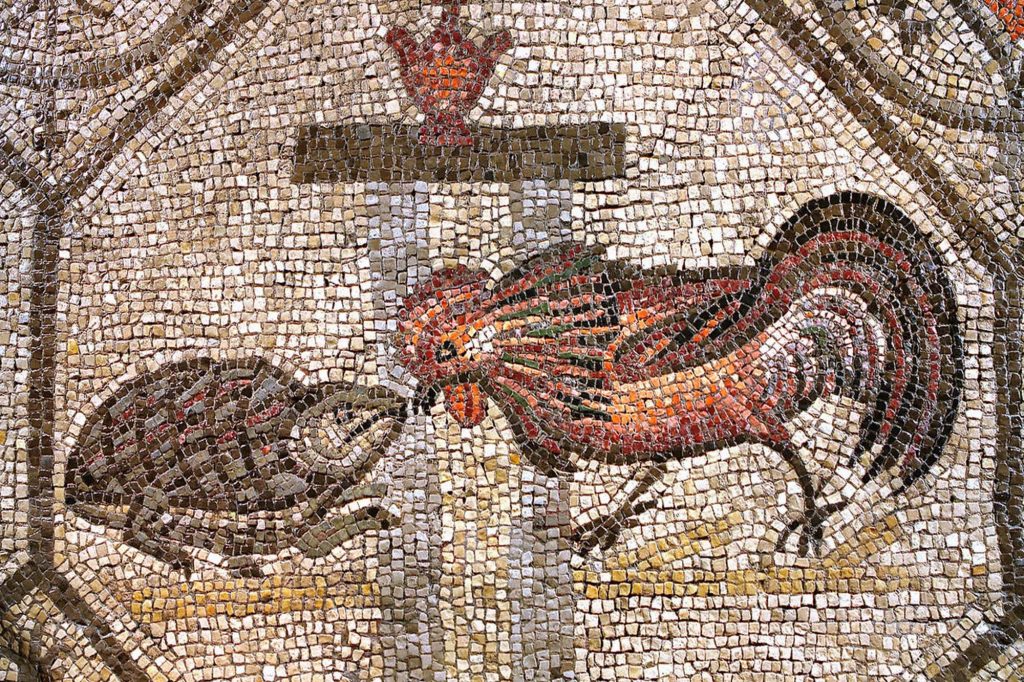
The Latin term otium encapsulates a concept of great depth, often interpreted as the opposite of work or commitment. In reality, its meaning goes beyond simple inactivity or lack of occupation, representing rather a time of quiet, reflection and intellectual pleasure.
The etymology of the term is very uncertain: perhaps it derives from the Proto-Italic *autiom or from the Proto-Indo-European *hewtyom (“forsaken, deserted”) or again from the Proto-Indo-European *hew (“away, far from”).
The Romans regarded otium as an essential part of life, as opposed to negotium, which was the world of business and political and worldly engagements. Otium was seen as a time for personal research, study, creativity and contemplation, which was fundamental to the well-being of the individual and consequently of society as a whole.
Thus, otium represents more than just a time of inactivity. It is an opportunity to reconnect with oneself, cultivate personal interests and develop the intellectual and creative sphere. In an age when daily hustle and bustle dominates our lives, understanding the value of otium can be a step toward a healthier and more fulfilling balance.
Otium then finds significant applications in the medical field, contributing to the overall well-being of health professionals. In the modern era, the practice of otium translates into the need for breaks, moments of reflection, and self-care for health professionals.
The balance between otium and negotium assumes a crucial role in preventing burnout and increasing emotional resilience among physicians, nurses and health care workers. Moments of relaxation allow them to regenerate mind and body, reducing stress and promoting better management of daily pressures.
In addition, Otium provides spaces for self-reflection and personal development, allowing health care workers to renew their passion for care, thereby improving interaction with patients and the overall quality of health care.
The adoption of Otium in the medical field then promotes research and innovation. Time off fosters creativity, enabling health care professionals to generate new ideas and approaches to address complex medical challenges, thus contributing to the ongoing development of care.
